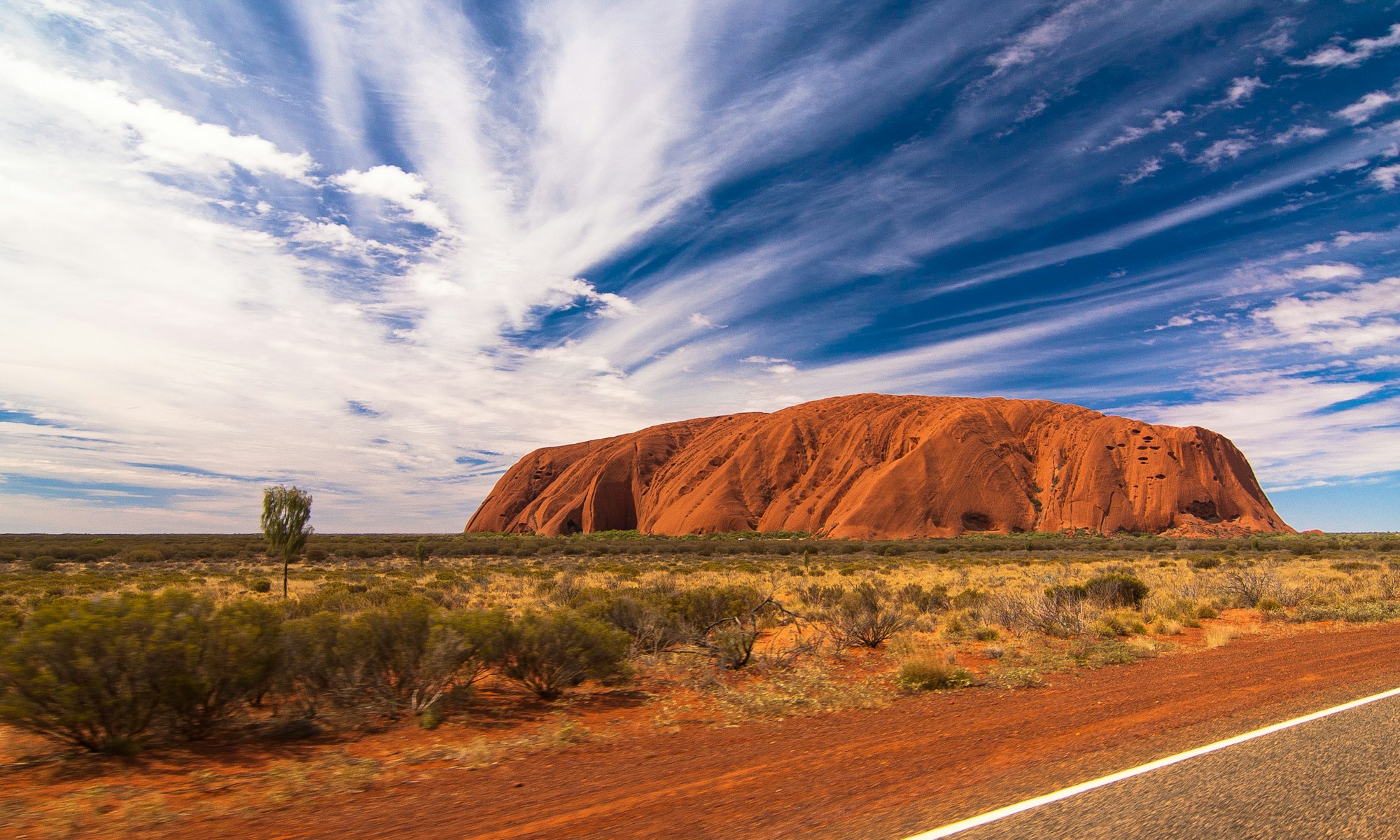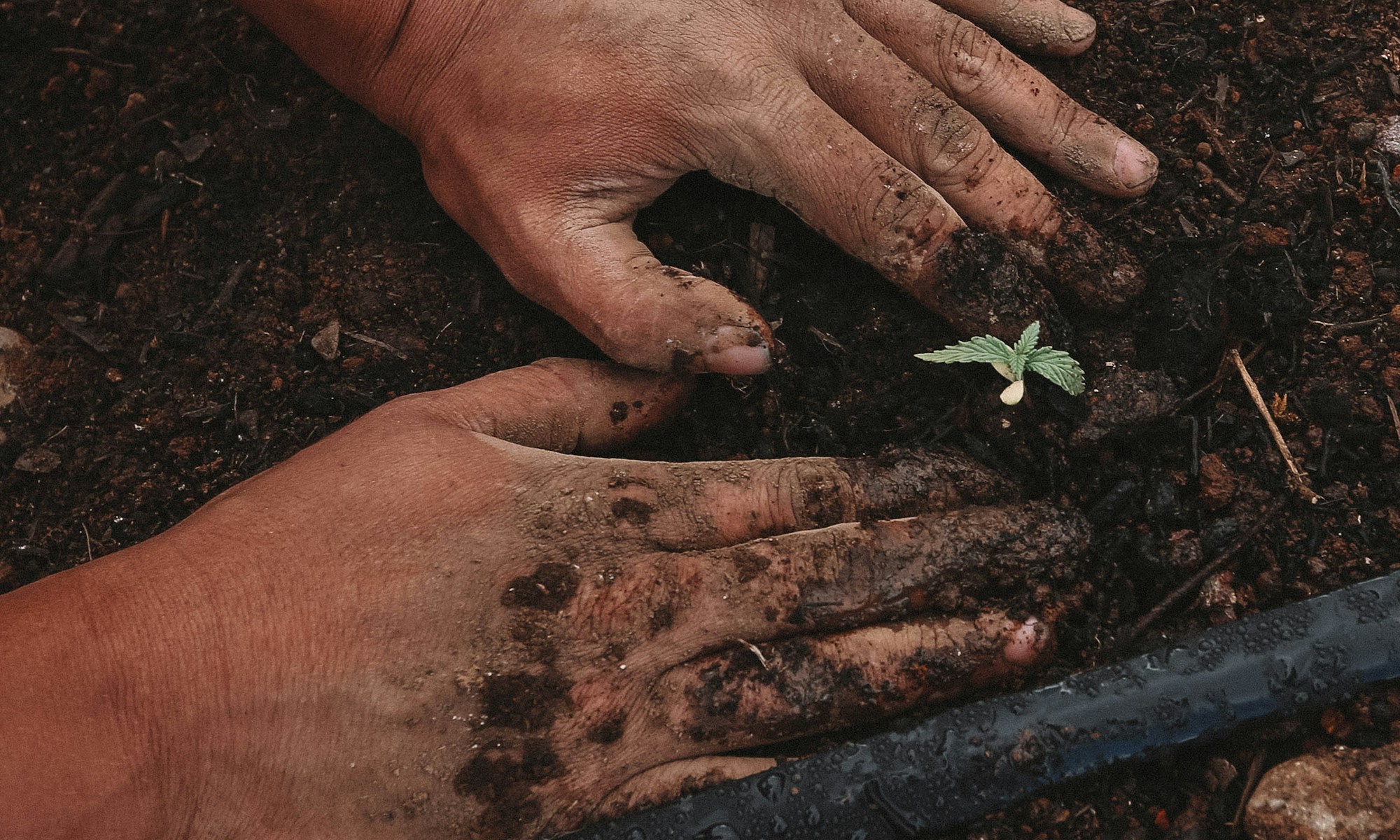17 August 2022 – by Cosmo Sanderson
A new report has revealed that Africa is receiving just 12% of the finance it needs to reduce emissions and adapt to global warming.
Africa needs an average of US$250 billion in climate finance annually from 2020-2030, according to a report released last week by Climate Policy Initiative, but received just US$29.5 billion in 2020.
The San Francisco-headquartered think tank says this falls “dramatically short” of what African countries need to implement their Nationally Determined Contributions, the commitments made by states in the Paris Agreement to cut emissions and adapt to the impacts of the climate crisis.
“Africa is the region that is both least responsible for the climate crisis and among the most vulnerable to its consequences,” says the report.
“It is crucial that sufficient capital is deployed in the continent to simultaneously support economic development, mitigate further environmental degradation, and help the population adapt and build resilience to the changing climate.”
The report says this will require significantly higher levels of investment, especially from the private sector. Due to “real and perceived risks” associated with investing in Africa, the private sector has so far played a “marginal role” in providing climate finance for the continent.
Africa currently accounts for just 3% of global emissions, despite housing almost a fifth of the world’s population according to the International Energy Agency (IEA), a Paris-based autonomous intergovernmental organisation.
Global warming is already disproportionately affecting Africans, the IEA says, including through including water stress and increasingly frequent extreme weather events. These effects are in turn fuelling regional instability and mass migration.
A report last year by the World Meteorological Organization warned that Sub-Saharan Africa is particularly likely to suffer “climate conflicts” resulting from climate-induced political instability.












